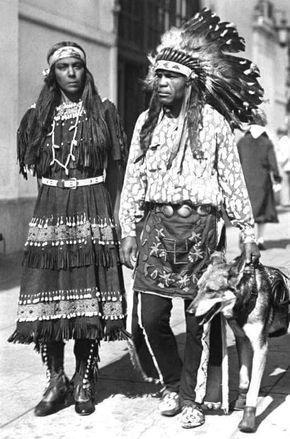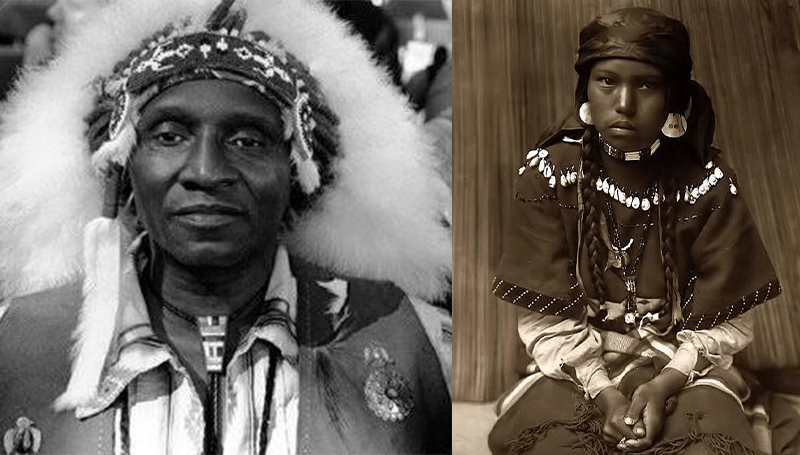Black Indians are Native Americans who have strong African American ancestry. They are regarded as Native Americans since they are linked with Native American tribes and are culturally Native Americans.
As we widely know that Black people occupied India longtime ago and were the kings there. In similar way they also occupied America.
The history of Native Americans and African Americans has been largely ignored in standard American history courses. The relationships between Native Americans, Africans, and African Americans have been diverse and complicated.

The first Africans arrived in Hispaniola in April 1502, and there are records of encounters between Africans and Native Americans dating back to that time. Some Africans left the colony of Santo Domingo for the interior, where they met Black Indians with whom they shared similar cultures.
“Only 5% of all Black Americans have at least 12.5 percent Native American heritage, the equivalent of at least one great-grandparent,” stated Harvard University historian Henry Louis Gates, Jr. in 2009. Native Black Americans are described as having “high cheek bones” and “straight black hair.” African Americans make up 58 percent of the population and have at least 12.5 percent European ancestry.
By far the most detailed work on the historical link between Blacks and Native Americans is William Loren Katz’s Black Indians. It’s not a scholarly work, but it’s a fantastic resource for anyone interested in learning more about our shared history.
Angela Walton-Raji, the author of Black Indian Genealogy Research: African-American Ancestors Among the Five Civilized Tribes, has been investigating African-Native American genealogy for than 20 years. In conjunction with the show IndiVisible: African-Native American Lives in the Americas, she gave a series of genealogy workshops at the National Museum of the American Indian in Washington, D.C.
/https://tf-cmsv2-smithsonianmag-media.s3.amazonaws.com/filer/Comanche-family-631.jpg)
Thanksgiving has largely transitioned from a day marking a fictionalized relationship between European settlers (they’d be considered “terrorists” by today’s standards) and the Natives who originally inhabited what came to be known as the United States, the holiday is now primarily focused on time with family, overeating and giving thanks. However, it’s still the perfect opportunity to learn a bit more about the Native Americans and how we are interrelations came to exist.
 The African History Truly African
The African History Truly African

